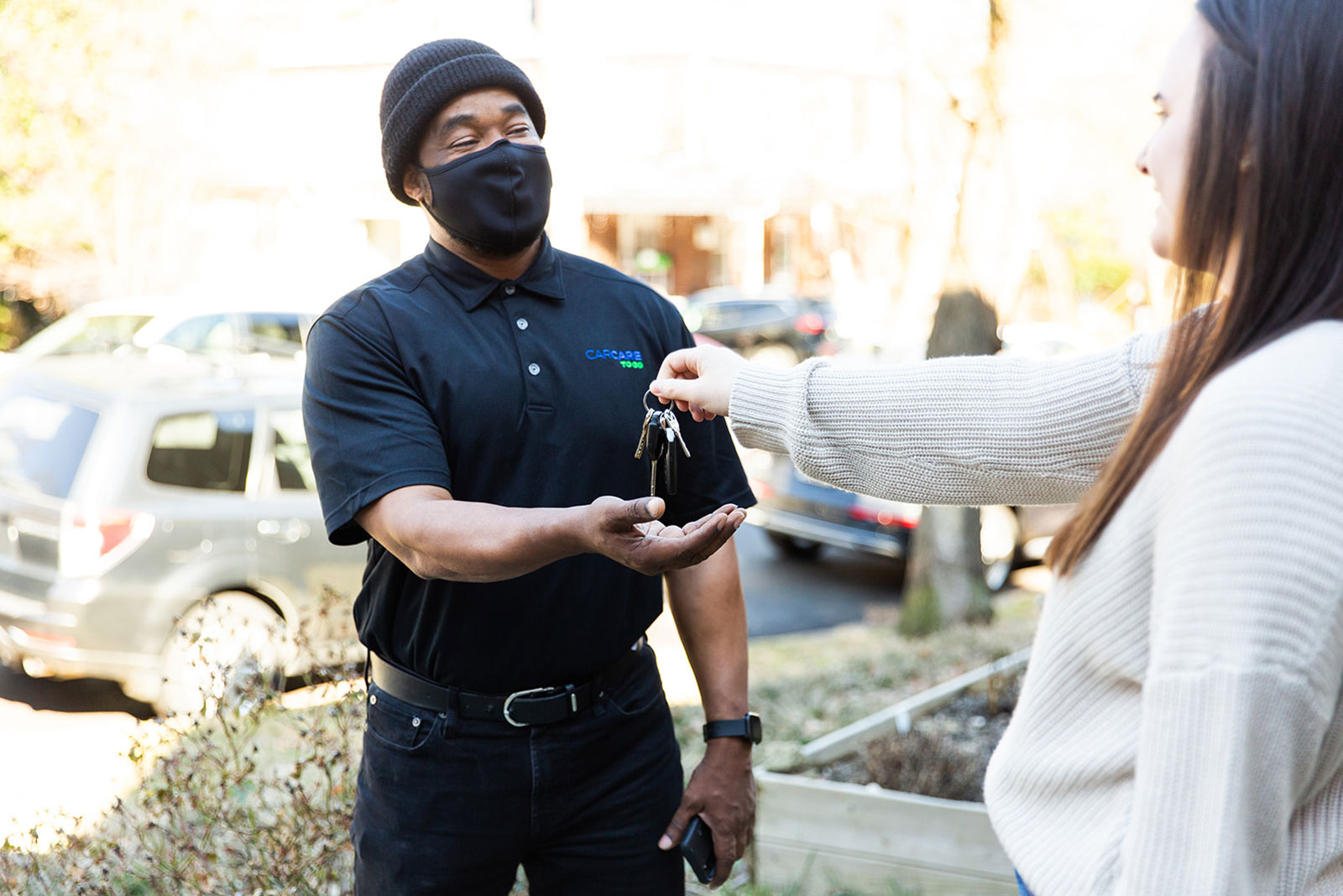
This column is written by the team at Arrowine & Cheese (4508 Cherry Hill Road). Sign up for the email newsletter and receive exclusive discounts and offers. Order from Arrowine’s expanding online store for curbside pickup or in-store shopping. Have a question? Email thenose@arrowine.com.
Hello again! So, many of you participated in our cleaning the glass experiment? Shocking, isn’t it?
Now you are on your way to better-tasting, terrior-driven wine. And what do I mean by that?
Well, it’s a little complicated, but I do my best. The only reason to drink wine is for pleasure, period! And that means more than just “it tastes good.” A well-made wine is a companion, a friend, sometimes an antagonist, but always a good conversationalist. So it must speak eloquently of its birthplace. When tasting it, I need to recognize the lineage, that exact spot on the globe.
Unlike our ancestors, drinking wine today is an option, not a necessity. We don’t need wine anymore to survive. Fresh water is abundant, so wine is now optional. We don’t drink wine to live. Instead, we drink fermented beverages because they enhance our culinary experiences and please us.
What gets to me is no one talks about wines’ dirty little secrets. Sometimes, I feel like Frank Serpico; I just dated myself, but I love classic movies, so who cares? It’s a good analogy. When did speaking the truth become a liability? We are talking about wine, not national security. I don’t tolerate lazy, sloppy, or greedy winemakers. If you care, you are vigilant and proactive. We deserve a clean wine that speaks to us.
Today’s wines are cleaner and fresher than we drank forty years ago. And they should be. When you embrace science, you preserve terroir, which means uniqueness. Modern science allows a bottle of wine to reflect the exact spot it came from. So a well-made wine speaks to and talks to you like you have been there.
If a wine doesn’t smell and taste like fermented pure grape juice, meaning “grapey,” you have a problem! Wine is NOT supposed to smell like leather, mushrooms, wet-basement, barnyard, burnt tire, green pepper, bandaid, cloves, nail polish, green peppers, or dirt! But, if it does run, I will expand on the causes of faults in a future column.
There are tricks of the trade that remain “trade secrets,” and that’s a problem. For example, did you know your California Cabernet, Chardonnay, or Zinfandel can be technically sweet? The question I’m most frequently asked is, is it “dry?” Well, that depends, and it’s not as simple a question as you think.
Table wine should be dry unless the cuisine has a note of sweetness, which I’m sad to say is far too prevalent today. A winemaker can leave unfermented sugar in the wine to make it easier to drink — think Kendall Jackson Chardonnay, it was deliberately bottled with a slight but perceptible amount of residual sugar to make it appealing to the masses.
Classic European cooking has little, if any, sweetness. Therefore a dry wine is needed. A New World wine is in order if there is any hint of sweetness. Wines from the New World tend to be higher in alcohol from all the sun. Thus energy the vines receive. In the New World, we plant for “commercial” reasons and ensure success, so we grow grapes where we know they will ripen. If not, over-ripen.
Our ancestors weren’t so lucky. So they planted where they stood and had to figure the rest out. Unless you had well water, you couldn’t be sure the water floating downhill was pure enough to drink. Fermented beverages were necessary for survival, lucky us.
Cheers,
Doug






















